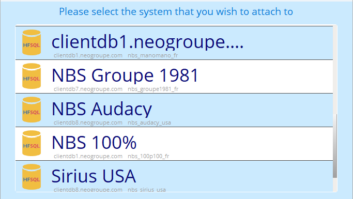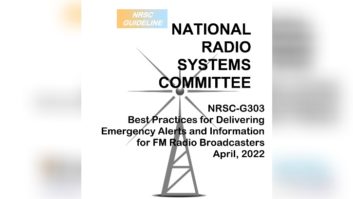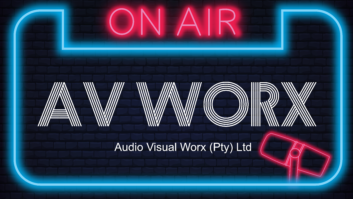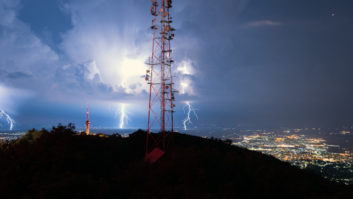I really love the story the record labels are telling about terrestrial radio as they continue the attempt at a money grab by having broadcasters pay performance royalties on music they play: “Radio is selling commercial advertising, drawing customers and economically exploiting the work of someone else for their programming.”

iStockphoto/Ruslan Kokarev Huh? We’re not exploiting. We’re exposing. We’re lending credence to the artist’s best efforts at entertainment. We’re legitimizing the work of the artist, saying in effect, “We think this is worth a listen or two.”
If the listener likes what they hear, they can buy the work. It’s promotion for the artists and their labels.
Listen, everyone in radio (as I’ll refer to terrestrial radio from this point on) knows that music radio is all about exposure.
There are two groups that benefit from the exposure radio provides. One is the advertisers who pay for the chance to have their messages heard by the audience. The other is the artists and their labels who were never required to pay for the exposure they were given.
Payola? The illegal income some parties made has been only a minuscule fraction of the standard cost of the airtime given away to the music industry.
I have a book sitting on my desk that I use frequently, sieve-brain that I am, “The Billboard Book of Top 40 Hits” by Joel Whitburn. It’s edition number eight of the tome, which follows the top 40 from 1955 through 2003.
Now let’s say that the digital music revolution started in 1998. That’s when listeners started finding new avenues to explore and be exposed to music through new technologies.
That means for 43 years — forty-three years — every hit in that book was made through radio exposure and subsequent acceptance and purchase by the audience.
That’s an awful lot of free airtime and missed station revenue. And it’s an awful lot of profit to the record companies from record sales spurred by broadcast exposure.
And that’s only one format! With the possible exception of Elvis Presley and the Beatles, none of those records would have been hits without radio airplay.
This airplay was, by the way, encouraged by record promoters working for the record companies, sometimes accompanied by “promotional material” for use in station contests, etc.
Forty-three years and billions of dollars given to promoters by the record companies to push radio airplay of music.
The world would be much different if, when live program-based radio died and we started playing records, we would have not played those records without charging the companies for the airtime as though they were any other advertiser.
The argument that satellite and Internet stations are paying, so we should as well, is a bunch of baloney. Why? Because radio made those songs hits. Which in turn, made the labels and their executives rich.
The satellite and Internet guys weren’t around then. They are the ones who are now “exploiting” the music to make money. They had nothing to do with making those songs hits and filling the label coffers with profits like terrestrial broadcasters had.
Should the artists be compensated for their work? Of course they should; that’s not the question.
The question is, “Who really should be paying the artists?” Quite simply, the record companies.
These are multi-national, multi-billion dollar corporations, and the usual payout to the artists when a record is sold is maybe 10 percent of the retail cost per copy. That gets split between all the “artists” on a recording: singer, musicians, etc. No wonder artists are screaming to be paid. Guess where the majority of an artist’s income comes from? Concerts and live performance, and a cut of the artist-based concessions: T-shirts, CDs, etc.
And if the current push toward royalty negotiations is the best we can do, we should all lie down in the middle of the street to make it easier for the recording industry to run us over. My version of the negotiations? You charge me royalties on the music we play, I’ll make up for that by sending you a bill for the airtime used.
Bottom line: It’s not radio’s fault artists are not getting paid, and the onus to pay them should not be laid at the doorstep of terrestrial radio.
Currently a public radio production manager and commercial radio weekend jock, the author is a 30-year broadcast veteran, spending most of that time producing, performing and programming at commercial stations. Opinions are not necessarily those of his employers.












